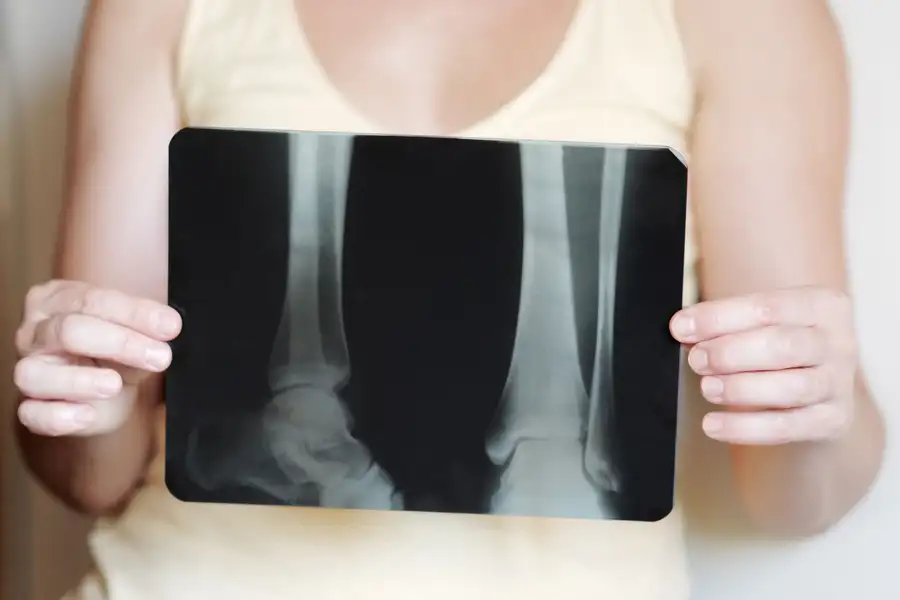Social stress may release hormones that affect bone loss, a finding that might be linked to the higher incidence of bone fractures after the menopause.
In a study of more than 8000 women aged 50 to 79, researchers found that those who reported higher levels of social stress – defined as strained relationships or stress related to social ties – were also at higher risk of bone fractures.
Women who reported high social strain and poorer quality relationships – and therefore, higher levels of stress – were found to have a larger decline in their bone density measurements over these years.
After adjusting for age, race, education, and other life style effects such as smoking and hormone therapy use, the team found that for each point of higher social strain as measured by the questionnaires, there was an associated increase of about 0.08 per cent loss of bone mineral density at the femoral neck – a portion of the hip. They also saw about 0.1 per cent greater loss across the whole hip, and about 0.7 per cent greater loss at the lower spine.
Previous research found that higher levels of stress hormones such as cortisol were associated with lower bone mineral density in the spine, and the team suggests that social stress may increase fracture risk by altering bone-regulating hormones.
Postmenopausal women may be more likely to experience social stress than their male peers. “There is research showing that social stress is higher in aging women than in men and this may be attributed to women being more likely to be caregivers in older age,” says Follis.
The team found that women with low social strain tended to be more educated and more physically active than those with high social strain. Black, Latina, and Native American women were more likely to report high social strain than White and Asian women.






